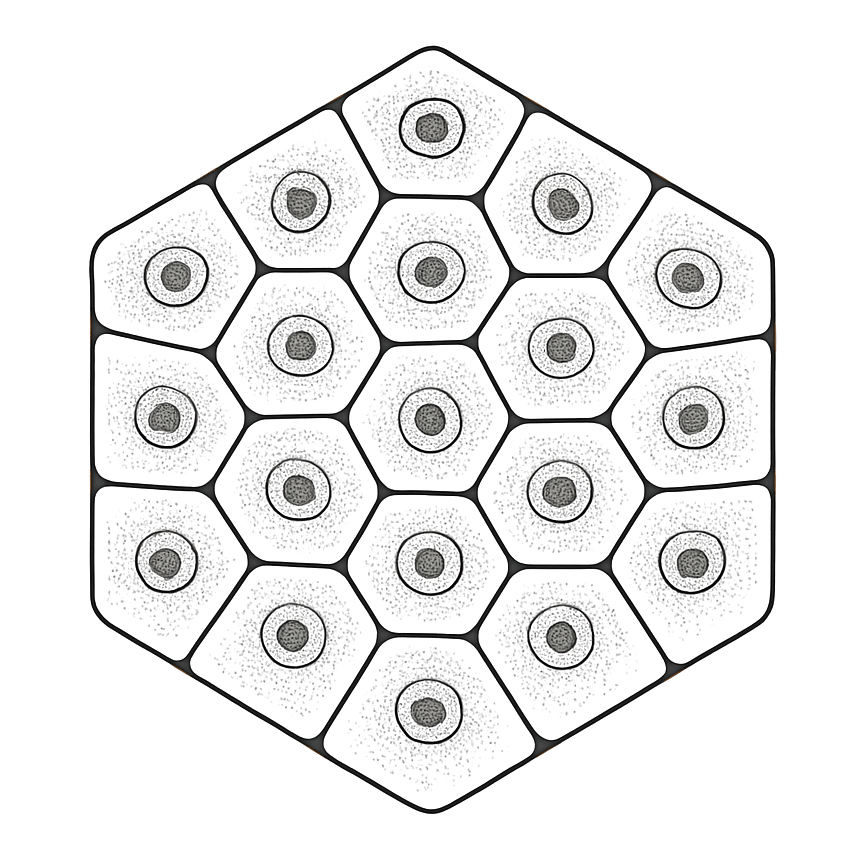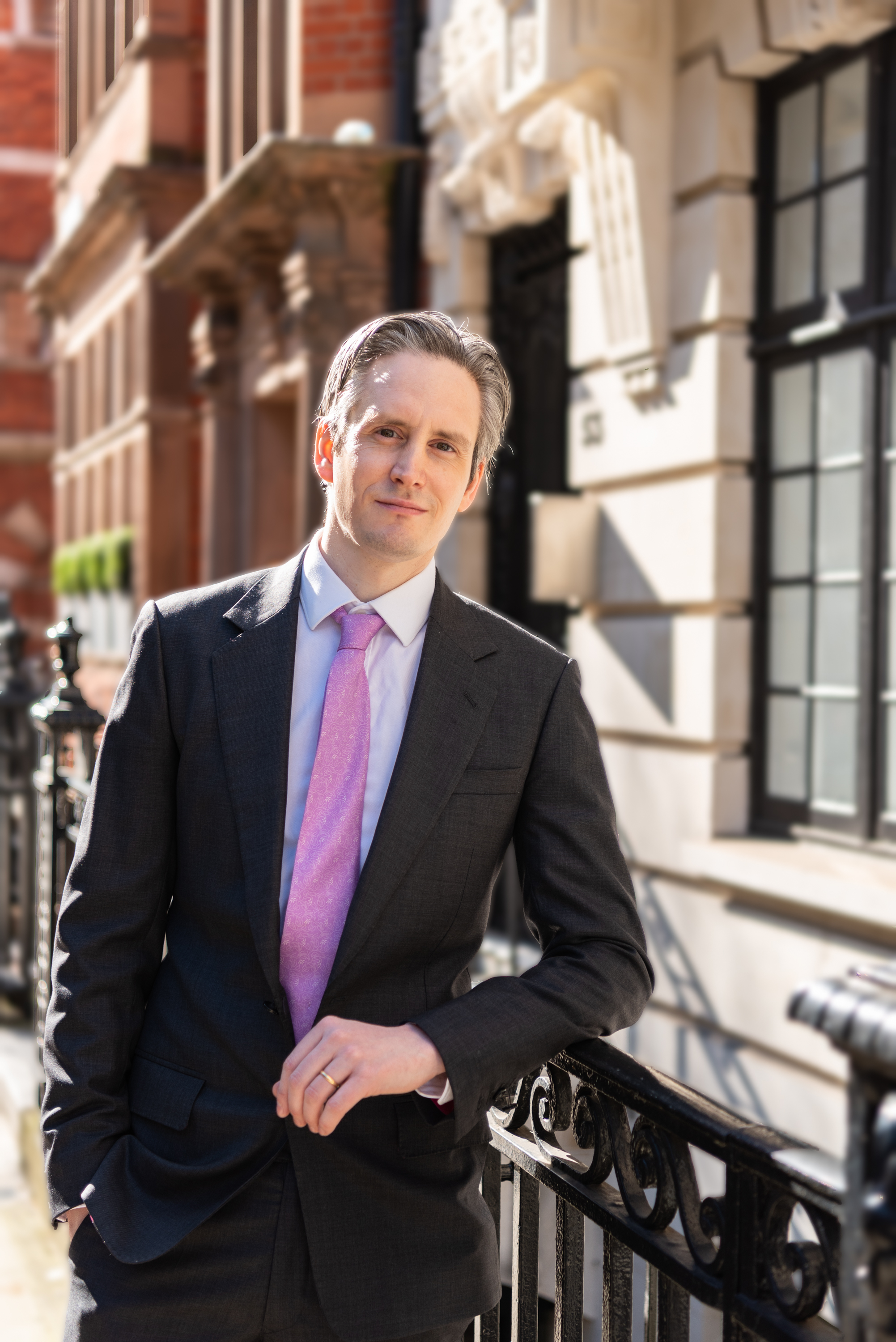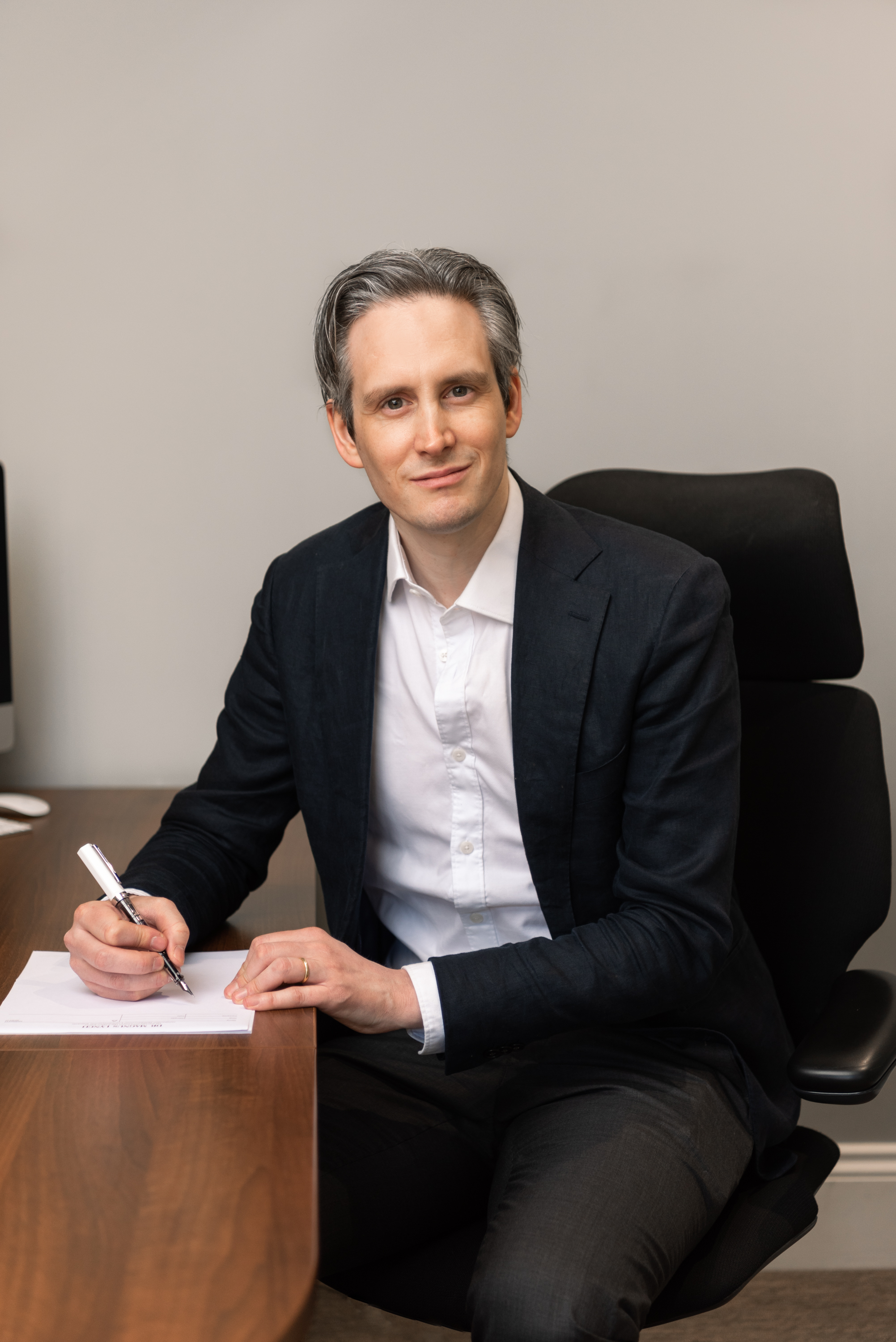Exercise Without Flushing

Exercise is crucial for overall health, but for many with rosacea, the resulting heat and flushing can be a major deterrent.
Why does exercise trigger redness?
Exercise increases your heart rate and core body temperature. To cool down, your body pumps more blood to the skin's surface, causing blood vessels—especially the hypersensitive ones in the face—to dilate (become wider to allow more blood flow) dramatically. This can result in the intense prolonged flushing. For some, medications can help manage this flushing.
How to manage heat and circulation triggers?
The key is to keep your core body temperature as stable as possible. * Choose a cool environment: Exercise indoors in an air-conditioned room or outdoors during cooler parts of the day. * Stay hydrated: Drink plenty of cold water before, during, and after your workout. * Use cooling tools: Keep a damp towel or a facial mist with thermal spring water nearby to cool your face and neck. * Break it up: Instead of one long, intense session, try shorter, more frequent workouts. * Choose lower-impact activities: Swimming, yoga, or pilates may generate less intense heat than running or high-intensity interval training (HIIT).
If these measures are not sufficient then medications such as beta blockers can be helpful.
Related articles
- Common Rosacea Triggers and How to Avoid Them
- Stress and Emotional Flushing
- Medications for Facial Flushing
How I can help
My NHS practice is at Guy's Hospital. I consult with private patients at several well-appointed and conveniently located sites across central London:
- London Bridge Hospital: Conveniently situated within The Shard, next to London Bridge station.
- Skin55 Ltd: Located at 55 Harley Street, this beautiful Edwardian building houses one of the largest private dermatology facilities in the UK with a comprehensive laser suite.
- OneWelbeck: Located close to Bond Street underground station. Mohs surgery, lasers, and other skin surgeries are performed in the state-of-the-art surgical suite here.
A new consultation is £250, a follow up consultation is £220. For more information on fees, please visit Prices.

